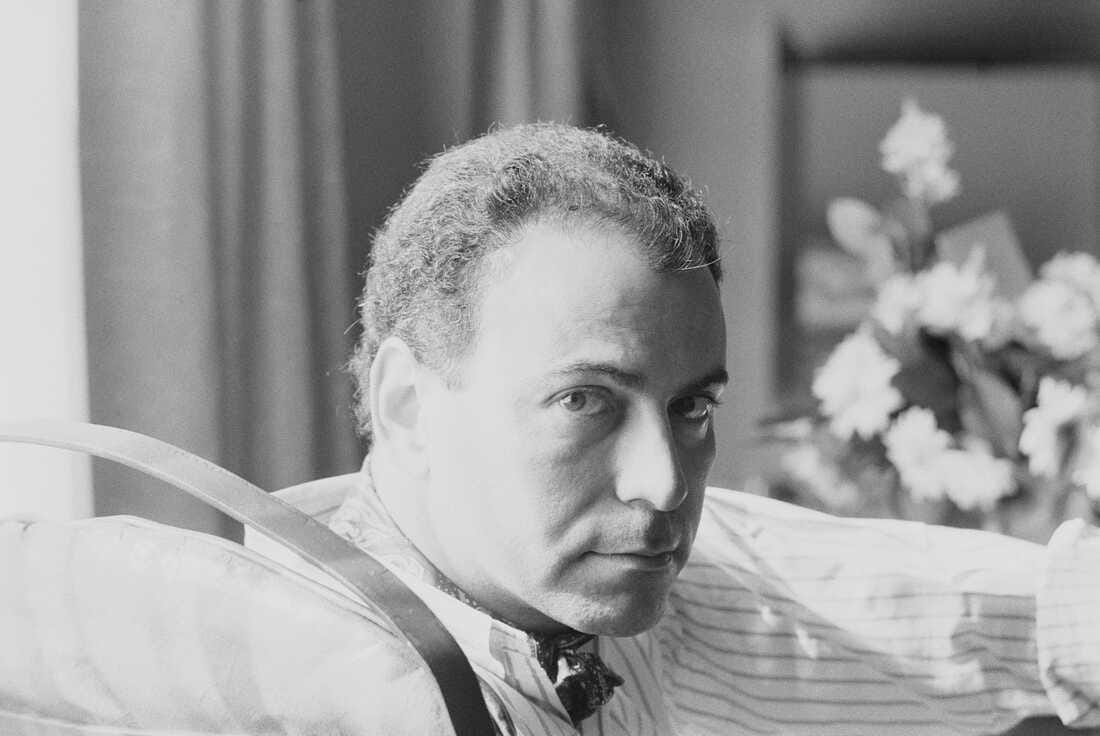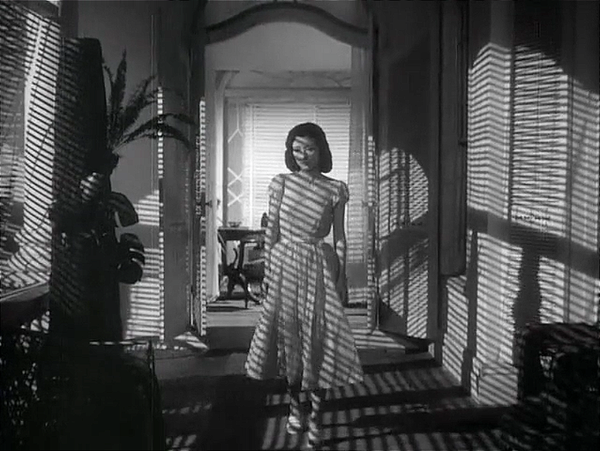One Good Film: "Little Murders" (1971)/R.I.P. Alan Arkin
Remembering a great actor by a bleakly prescient comedy he directed.

A lot of things happened while I was on vacation last week. We learned the fate of an idiot “visionary” and his four victims at the bottom of the ocean floor (and thankfully for them that fate was quick). A new Indiana Jones movie came out 42 years after the first one (⭐ ⭐ ⭐, good fun but lacking a certain Spielbergian joie de vivre). Alan Arkin died after 89 rich, fulfilling years on earth. And a deeply compromised – oh, let’s just call it corrupted – Supreme Court continued on its mission to take this country back to 1952. Or 1852. Whatever; before the Blacks and the gays got stroppy.
Of these events, the last is obviously the most important by far to America’s day-to-day hopes, ambitions, existence. But allow me to muse for a moment on Alan Arkin and the passing of a singular persona on the public stage: A star who was on to everybody’s bullshit. All of it – political mendacity and private hypocrisy; the way organized societies (by which I mean everything from governments and movie industries and the educational system all the way down to your neighborhood block association) work to crush the human impulse toward freedom. Not that Arkin was any sort of revolutionary; on the contrary, he understood that being a revolutionary is what got you killed, a lesson his grandparents probably brought over from the old country. No, in that steady basilisk gaze – one that held no illusions whatsoever – and in that voice informed by a knowledge of the cosmic jest was a serene acceptance of disaster. Arkin was the opposite of the naïve professor played by Michael Stuhlbarg in the Coen brothers’ “A Serious Man.” He knew the tornado was at the door.
In the late 1960s and early 1970s, after his breakout as the Soviet submarine officer in “The Russians Are Coming, The Russians Are Coming” (1966), Hollywood tried like crazy to turn Arkin into a leading man. Something in him seems to have resisted; his was the inbred non-conformity of the character actor. The movies certainly had no interest in casting him as a Jew: In his early screen roles, Arkin played Russian, Puerto Rican, Mexican, Armenian, a deaf mute, Inspector Clouseau – true! – and an extraterrestrial (sort of). Interestingly, the role from this era that is most remembered is his villainous mastermind in the 1967 thriller “Wait Until Dark,” cool as a cat behind Greenwich Village shades and lurking in the drapes of blind Audrey Hepburn’s apartment for the chance to jump out and scare the Jesus out of her and us. It’s a very Kevin Spacey-ish kind of part – a sadistic dandy – and Arkin grabs at the chance to create an addictively watchable menace.
The 1980s and 1990s were mid-career years, with jobbing work in supporting parts and the occasional shot at something memorable, like the father in “Edward Scissorhands” (1990) or the shrink in “Grosse Pointe Blank” (1997). The new century, however, brought the great satisfaction of seeing an incoming generation of moviegoers discover Arkin’s sardonic gifts, first in his Oscar-winning role as the grandfather in “Little Miss Sunshine” (2006), dispensing NSFW geezer wisdom to Paul Dano in the back of a VW bus –
– and then as the film producer in “Argo” (2012), a role that called on a lifetime of jaundiced Hollywood memories.
By his final decade, audiences of all ages understood that when Alan Arkin turned up in a movie, you were guaranteed a high level of professionalism, great good humor, and the kind of inherently moral pessimism that serves as shared acknowledgement of the world’s ongoing failure. In a popular culture predicated on force-feeding us the good news, that was, and is, a comfort. May his memory be a blessing.
In thinking of the one Arkin movie I’d recommend you sit shiva with, I’m tempted to go with the obvious and direct you to 1979’s hilarious “The In-Laws” – say it with me: “Serpentine!” – but Arkin’s the straight man there to Peter Falk’s rogue CIA agent. A very funny straight man, but a straight man. Other candidates: “Freebie & the Bean” (1974), which toes the line between a buddy-cop movie and an ACAB freakshow, and Arkin’s delicious late-life work in two seasons of Netflix’s “The Kominsky Method” (2018-2019). (Deep cut: 1971’s never-officially-released trucker comedy “Deadhead Miles,” from a script by the young Terrence Malick.) Instead, an imp of perversity and the sense that this country’s center cannot hold much longer prompts me to recommend “Little Murders” (1971), one of the very few movies the actor directed and, as adapted by Jules Feiffer from his Off-Broadway play (which Arkin also directed), perhaps the blackest comedy of American apocalypse ever put on film – a profoundly disturbing nightmare of random shootings, garbage strikes, collapsing infrastructure, and family dysfunction. Is it much fun? Hardly. Is it still relevant? Toss the phenomenon of social media on top, and the movie could be taking place this afternoon. A shellshocked Elliott Gould is the nominal star, but his “M*A*S*H*” compadre Donald Sutherland has a lulu of a monologue as a hippie wedding minister, and toward the end in comes Arkin as a police detective unhinged by a world where everyone’s a crime victim and a criminal, so there’s nobody to arrest. It’s one of the few times we get to see the actor play a character who’s losing his cool – you can practically see the conspiracy theories worming their way into the detective’s brain – and it’s an unexpectedly joyous piece of work, as though all that sang-froid Arkin employed throughout his career was hiding a hollow, Kafkaesque laugh at the fix we’re in. “Little Murders” isn’t legally available for streaming but there’s a very good print sitting on YouTube for who knows how long, and here it is. Show it to any Supreme Court justices you may know and ask them if it’s a world they recognize.
Your favorite Alan Arkin moment? Don’t hesitate to share the dyspeptic love. Comments are open to all.
If you enjoyed this edition of Ty Burr’s Watch List, feel free to pass it along to others.
If you’re not a paying subscriber and would like to sign up for additional postings and to join the discussions — or just help underwrite this enterprise, for which the management would be very grateful — here’s how.





